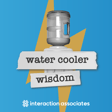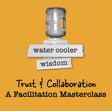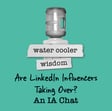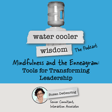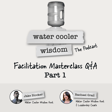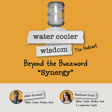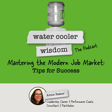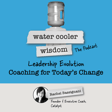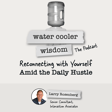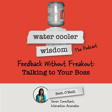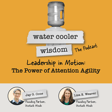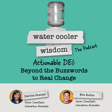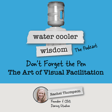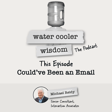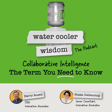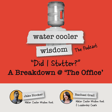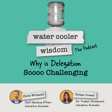
Public Speaking: Breaking Down this Common Fear
In this episode of “Water Cooler Wisdom,” we sit down with Stacy Ferratti, a seasoned coach from Interaction Associates, renowned for enhancing presentation skills. Stacy delves into the challenge of stage fright, explaining its roots in our evolutionary fear of rejection and offering practical tips to overcome it.
Discover why silence during presentations can feel daunting and how embracing pauses can enhance your message. Learn about the importance of body language, breathing techniques, and mental shifts that can transform your public speaking approach. Stacy shares effective strategies, such as engaging with the audience early and practicing with video feedback.
Join us for this insightful conversation and equip yourself with tools to boost your confidence and effectiveness on stage. Whether you’re a seasoned speaker or looking to overcome your fear of public speaking, this episode offers practical advice and inspiration to elevate your stage presence.
References:
Expensify
